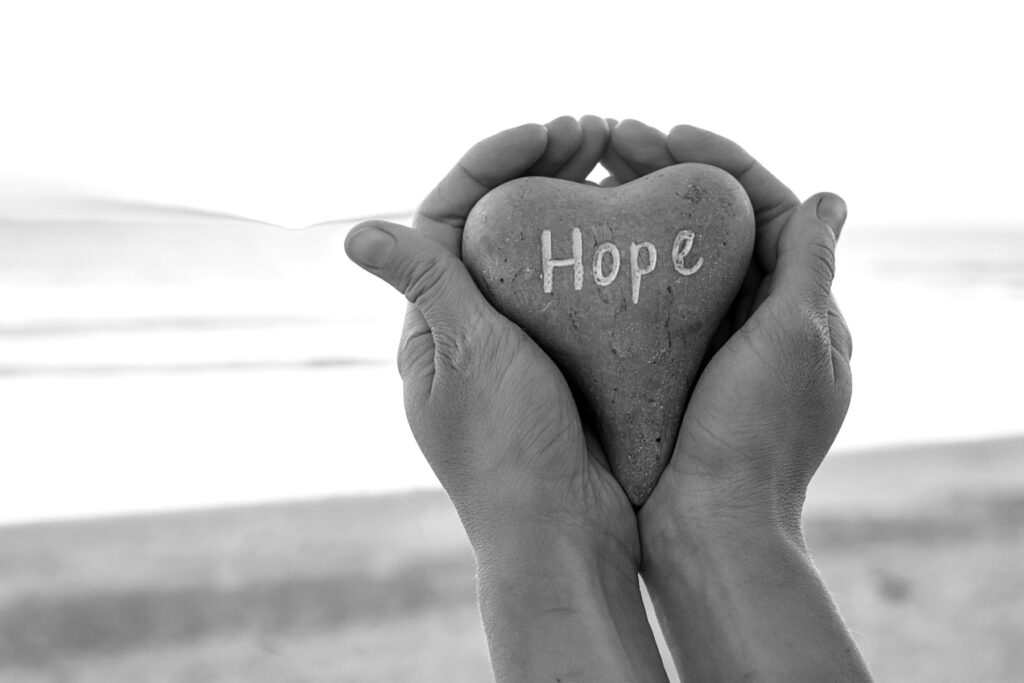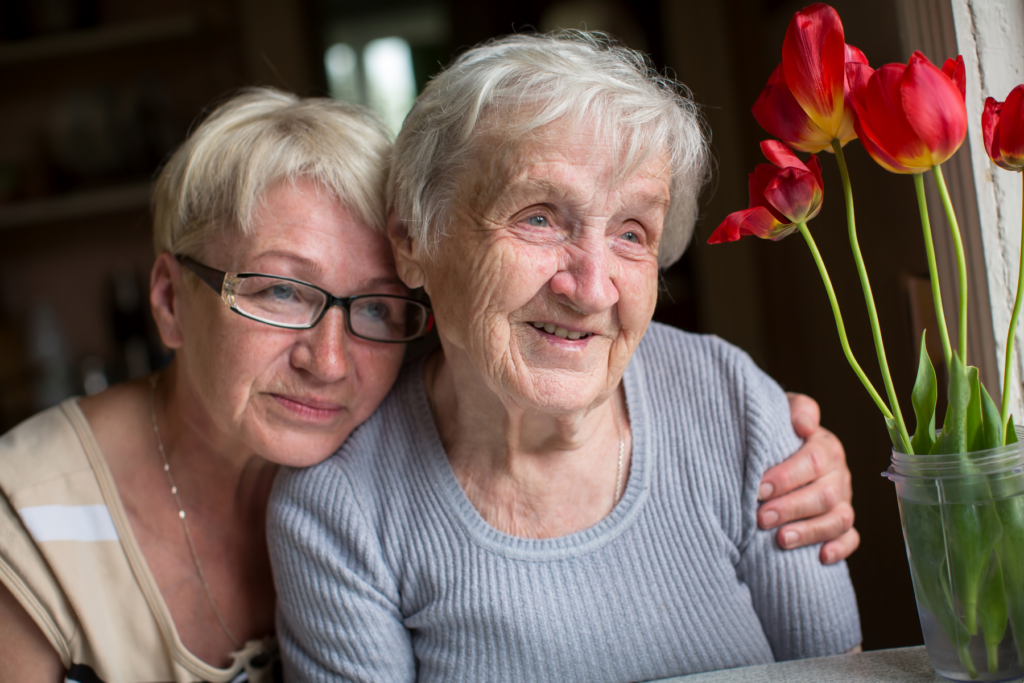How to Deal with Fatigue/Burnout

The pandemic has taken a toll on all of us, but perhaps none more so than senior caregivers. All the isolation; constant threat of illness; loss of loved ones; loss of jobs; and general emotional, physical and mental exhaustion can lead to what’s now called COVID fatigue. On top of added fear and anxiety, the extra safety responsibilities put on caregivers can seem like too much. So what is COVID burnout for caregivers, and how can caregivers avoid it?
What Is Fatigue?
COVID fatigue occurs when a person has reached their capacity to cope and is experiencing various mental, emotional and physical symptoms as a result of the constant exposure to pandemic stressors. Alarmingly, COVID fatigue causes many people to become more careless about safety precautions they know they should take, like washing hands frequently, wearing masks when out, and maintaining social distancing.
Much like caregiver burnout, COVID fatigue is mental exhaustion caused by stressors that trigger our “fight or flight” response. Usually, we use coping skills to calm ourselves when faced with short-term stressors. But this pandemic is anything but short term. Most people simply aren’t used to or able to cope with long-term stress of this magnitude, which leads to burnout. The pandemic poses a significantly more lethal threat to seniors. Because older adults are more at risk, the importance of strictly following safety guidelines like sheltering in place is much greater. Unfortunately, this also leads to a higher risk of COVID fatigue for seniors — and senior caregivers.
What Is Burnout for Caregivers?

COVID fatigue impacts senior caregivers in a different, and perhaps more direct, way than it does seniors. Caregiver burnout occurs when caregivers don’t get the help or rest they need and then overextend themselves beyond their physical, mental or emotional capacity. During the past year, the likelihood of caregiver burnout has exponentially increased due to the added stressors of the pandemic. The strict safety measures seniors have to take often land on the shoulders of senior caregivers. On top of regular caregiving duties, they must now juggle the additional threats posed by COVID-19.
To combat caregiver burnout, it’s important to understand exactly what is COVID burnout for caregivers and identify its signs, which include:
- Feeling isolated from the rest of the world
- Overwhelming anxiety
- Problems sleeping
- Frequent headaches and physical fatigue
- Uncharacteristic irritability or outbursts
- Withdrawal from others
- Changes in daily behavior or thinking
Tips for Senior Caregiver Burnout

These strategies and tips will help senior caregivers cope with caregiver stress and burnout in this most challenging time.
Stay Informed
It’s difficult not to obsess over the constant stream of information about the pandemic, but it’s important to stay up to date on the state of COVID-19 in your area. Try sticking to trusted sources like the CDC to get the facts rather than social media for opinions. Also try to limit your intake of information to certain times each day so you don’t feel overwhelmed throughout the day.
Maintain Healthy Habits
Caregiver exhaustion is exacerbated by unhealthy habits. When lack of exercise, poor diet, and erratic sleep patterns combine, your physical health can tremendously impact your mental and emotional health. Set aside time each week to get 90 minutes of exercise. Devote every Sunday to plan and prepare healthy meals each week. Give yourself a bedtime that works with your busy schedule and ensures you consistently get eight hours of sleep each night. Focusing on your wellness may seem like just another to-do adding to your stress, but it’s crucial to avoid caregiver burnout and will keep you happier and healthier for longer.
Make Time for Relaxation
During the week, schedule time that’s reserved specifically for you to decompress. Take that time to focus on you. Engage your mind and body in hobbies or activities you love. Or try taking up a new hobby that doesn’t require intense effort like crafting, knitting, yoga, meditation or other calming activities. Make breaks for you count. Try to genuinely unwind instead of stressing over making them count.
Give Yourself Grace
It’s easier now than ever to feel overwhelmed — and that’s OK. Allow yourself to feel stressed for a time and remind yourself that you can’t control everything. Focus on the things you can control and let everything else go. Try to not let your mind wander into “what if” thinking — it will only give you more anxiety. When you start to feel overwhelmed, give yourself a short break, take deep breaths, and get back to doing things you know you can accomplish.
Stay Socially Connected
Social distancing is necessary, but that doesn’t mean you have to be socially isolated. Staying connecting with friends and family during this time is vital to your mental health. With the miracles of modern technology, you can easily get some semblance of face-to-face connection with loved ones through video calls. If you need to vent your frustrations, try joining an online caregiver support group where you can talk with other people facing the challenges of caregiver burnout.
Plan Ahead
Preparing now for unpredictable events will save you stress in the future. Make a plan for your caregiving duties in case you get sick or are exposed to someone who has contracted COVID-19. Have a backup caregiver at the ready, and write down all the essential information they will need to stick to your care plan. Likewise, it’s a good idea to ask non-caregivers to help lighten the load by making grocery runs, grabbing medication refills or handling laundry duties. Crucially, you should also prepare supplies like food, personal protective equipment, disinfectants and medications if you or the senior in your care does contract the coronavirus. Planning ahead is a surefire way to relieve your current anxiety and save you from caregiver burnout in the future.

As West Virginia’s only locally owned continuing care retirement community, Edgewood Summit knows the trials and tribulations caregivers are facing during this time. Our goal is to be a benevolent resource to not just caregivers but to the broader Charleston community as well. Learn more about how Edgewood Summit can help alleviate caregiver burnout by contacting us through our website or calling us anytime at 304-346-2323.


